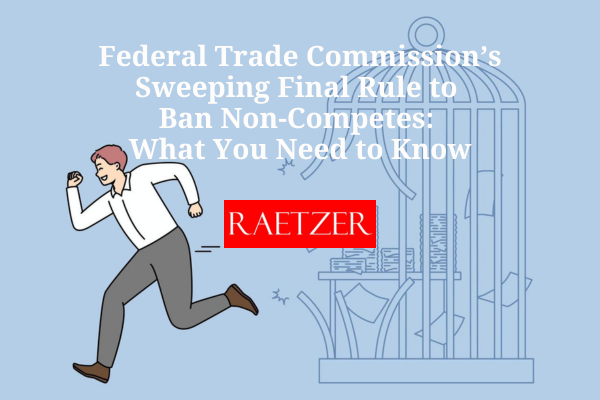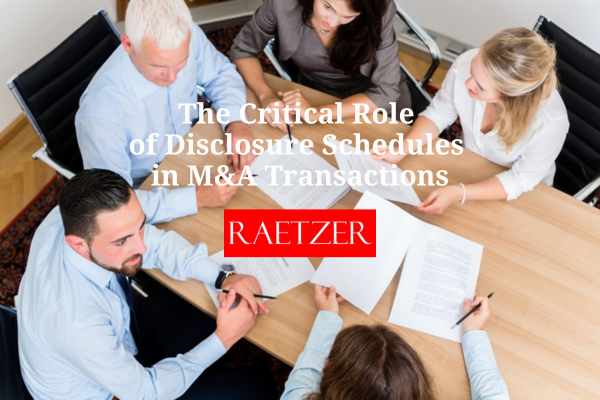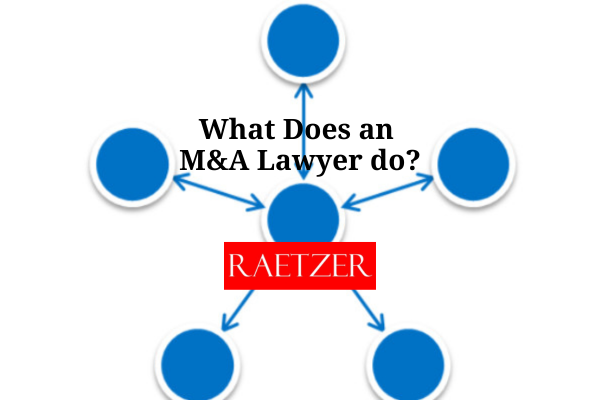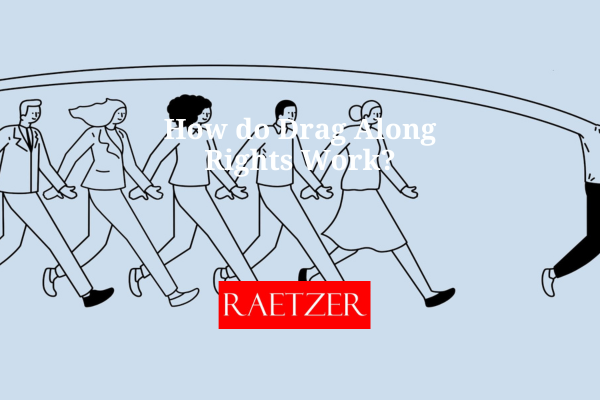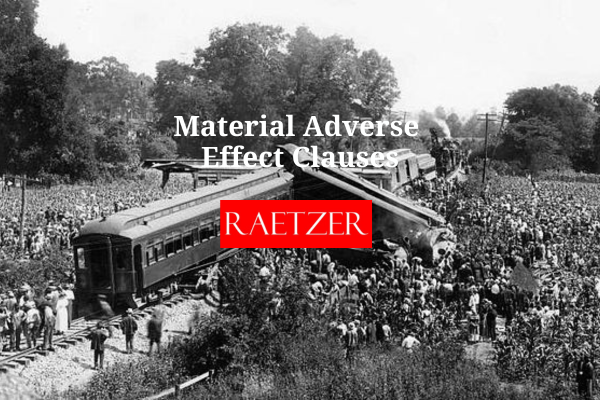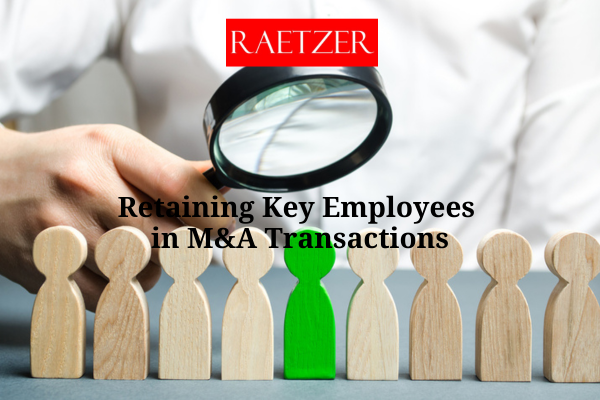Federal Trade Commission’s Sweeping Final Rule to Ban Non-Competes: What You Need to Know
In April 2024, the Federal Trade Commission (“FTC”) finalized a rule that broadly bans non-compete agreements for employees across all levels, with only narrow exceptions. This decision comes after a lengthy review process, which included almost 30k public comments on the initial proposal from January 2023. Although the rule passed narrowly (3-2 along party lines), it has not yet taken effect, and legal challenges are already underway.

